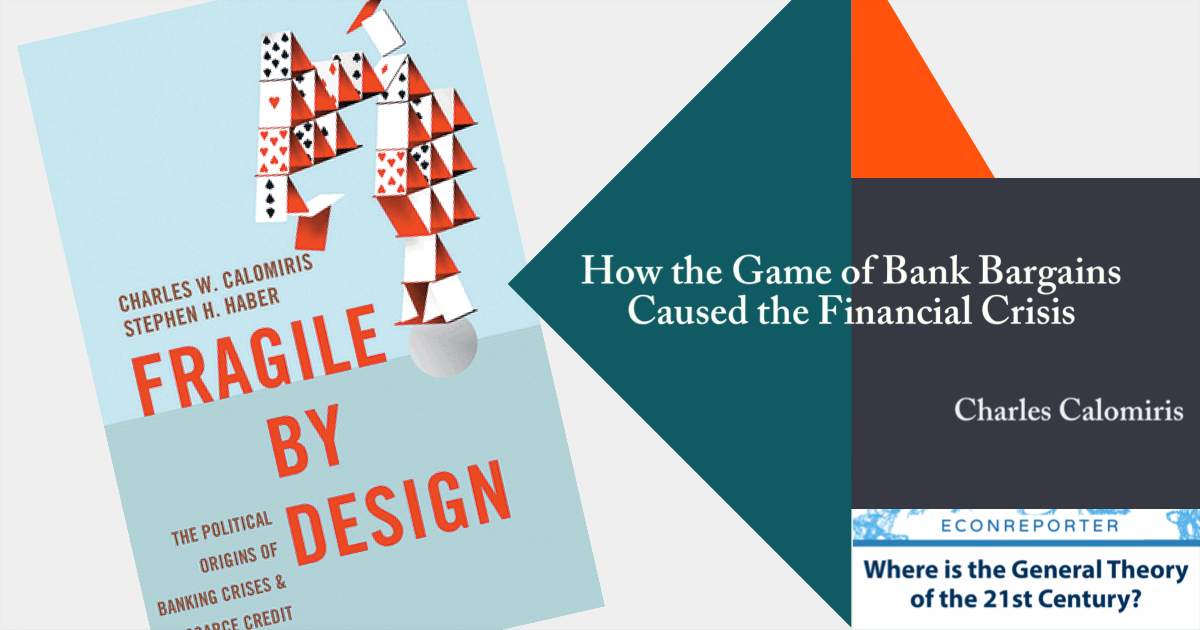Last Updated:
This weekend is a big one for behavioral economics. This morning, Richard Thaler, laureate of The Sveriges Riksbank Prize in Economic Sciences in Memory of Alfred Nobel 2017, has presented his prize lecture “From Cashews to Nudges: The Evolution of Behavioral Economics” in The Royal Swedish Academy of Sciences.
And this Sunday will be the Nobel Prize Award Ceremony, Prof. Thaler will finally receive his well-deserved Nobel prize.
Thanks to everyone who came and many thanks for the very warm welcome at the end. Truly touched. https://t.co/aXMax86gDS
— Richard H Thaler (@R_Thaler) December 8, 2017
To celebrate this occasion, I am honored to share with you my interview with two of the best co-authors of Prof. Thaler — Hersh Shefrin and Shlomo Benartzi.
Q3
Back in the 70s and 80s, behavioral economics research was not a promising field for a young economist. Could you tell us what was it like to be a behavioral economist at those days? And what are the reasons that keep you in the field?
Shefrin: It was exciting, and great fun, because it was clear that the approach had great promise, especially because very bright psychologists were developing the area known as heuristics and biases, an area with great potential for being applied to economic issues. It was also risky, as our new approach directly challenged the predominant paradigm used by mainstream economists.







